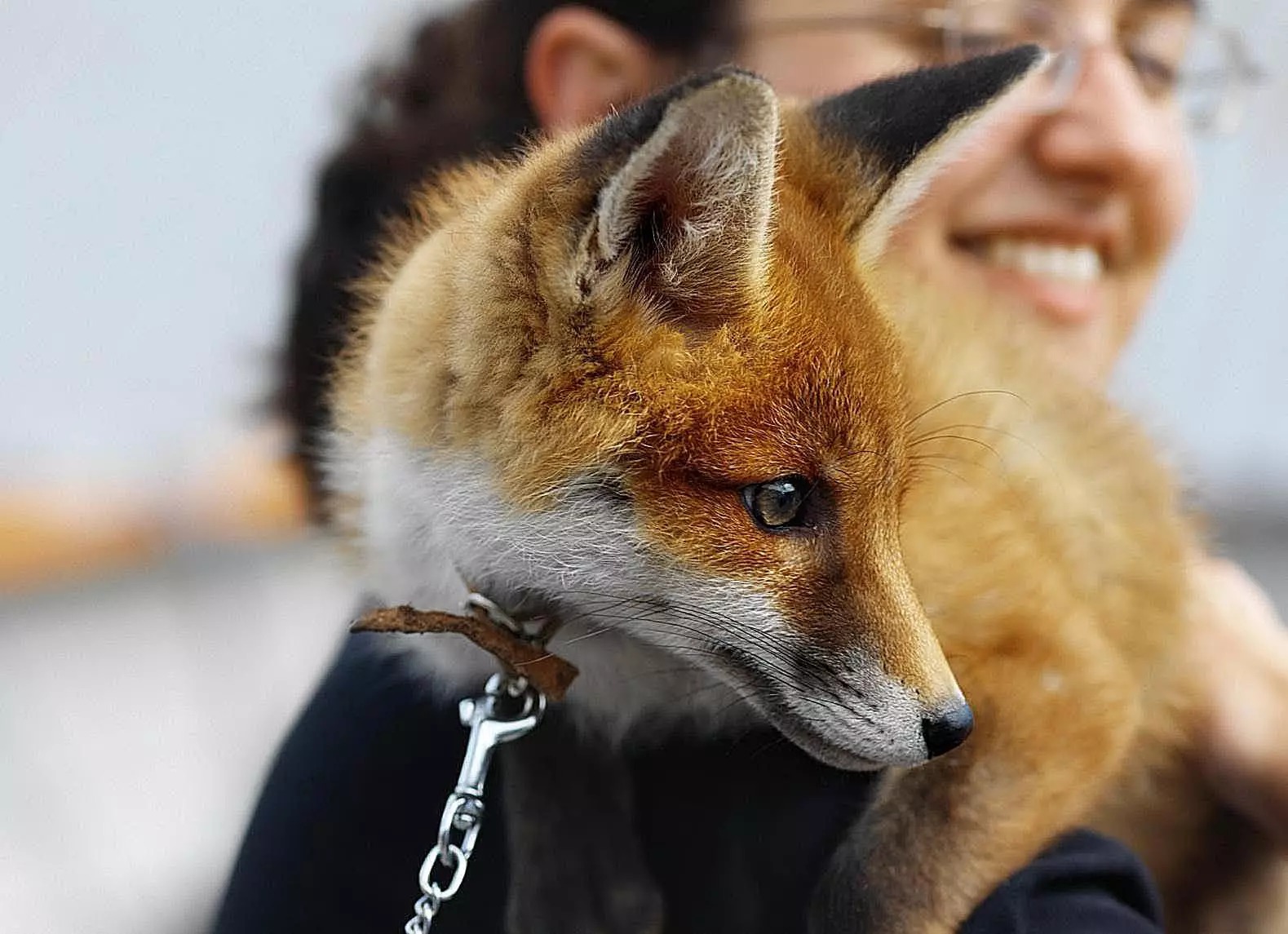The allure of having a pet fox is undeniable for many animal lovers. These captivating creatures share a family with dogs and boast a playful demeanor, making them fascinating companions. However, interested individuals must consider the distinct requirements and implications associated with keeping a fox as a pet. This article delves into the various fox species suitable for domestication, their particular needs, and potential challenges that owners may encounter.
Understanding the Canine Connection
As members of the canine family, foxes share some similarities with domesticated dogs, including their playful nature and social behavior. However, they maintain a wild essence that sets them apart from typical household dogs. One fascinating trait that distinguishes foxes is their ability to climb trees, an adaptability not seen in other canine relatives. The charm of foxes can be captivating, yet it is this very wildness that presents challenges when raising them in a domestic setting.
Pet foxes require specific care tailored to their diverse needs, from their unique socialization to essential training protocols. The instinctual behaviors of a fox, including marking territory, digging, and vocalizing, can create a learning curve for new owners. Moreover, the laws governing the ownership of exotic pets vary significantly by location, so it’s imperative for prospective owners to familiarize themselves with local regulations before adopting a fox.
Popular Pet Fox Species
Among the many species of foxes, a few stand out due to their popularity in the exotic pet trade. The fennec fox, known for its endearing large ears and small stature, is often highlighted as an excellent choice for a pet. With a length of 12 to 16 inches and a weight of just 2 to 4 pounds, fennec foxes are the smallest of their family and are renowned for their playful demeanor. However, their high energy levels and lively nature require dedicated owners who can provide the appropriate environment for physical and mental stimulation, ensuring they do not become problematic household members.
On the other hand, the red fox, though less common as a pet, presents a contrasting choice. These creatures, often described as affectionate, can be quite the handful. They are notorious for their pungent urine, and while spaying and neutering may minimize this, their digging tendencies require ample outdoor space. Other fox species, like the silver fox, which has been domesticated through selective breeding, offer a unique alternative with a temperament closer to that of domestic dogs.
Regardless of the fox species, potential owners must recognize the specific care and attention these animals require. Exercise is crucial; foxes are active animals by nature, and without adequate outlets for their energy, they can resort to destructive behaviors. Providing an enriched habitat that encourages exploration, climbing, and digging is vital for their well-being.
Moreover, diet plays a significant role in maintaining the health of pet foxes. Their nutritional needs can differ from domestic dogs, necessitating a carefully balanced diet that caters to their wild heritage. Many species, such as the bat-eared fox and the swift fox, may exhibit similar dietary preferences as their wild counterparts, requiring a mix of proteins, fruits, and vegetables to thrive.
Regular care from veterinarians familiar with exotic animals is another critical aspect of owning a pet fox. Veterinary expertise is essential not just for routine check-ups but also for addressing potential health issues that may arise, given that many fox species are prone to specific genetic conditions due to overbreeding.
One of the most significant considerations potential fox owners must reflect upon is the long-term commitment associated with owning such an animal. Foxes can live for over a decade in captivity, which means they require a stable environment and continual care over a substantial period. This commitment goes beyond just providing food and shelter; it involves understanding and accommodating their unique behavioral traits and social needs.
While pet foxes can undoubtedly provide companionship and entertainment, they are not suited for everyone. Interested individuals must conduct thorough research, assess local regulations, and prepare for the dedication needed to care for these extraordinary creatures. Owning a pet fox can be a rewarding experience for those who understand their wild instincts, commitment to education, and readiness to adapt their lifestyle to meet the needs of these extraordinary animals.

